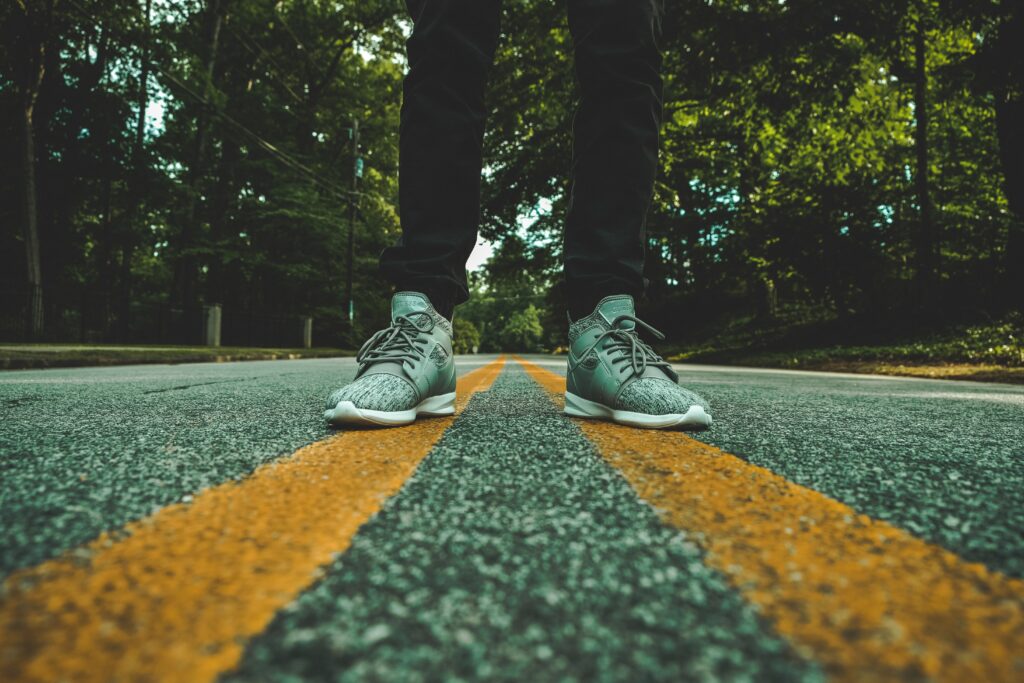
I opened my eyes to see the two heads of paramedics, hovering over me. I could barely remember my name.
“What’s the date?” one head asked.
“I don’t know.”
The other head, “Who’s the president?”
“No idea. What happened?”
“You had a seizure.”
“No I didn’t.” Yeah. I had.
That’s what it’s like coming out of a tonic-clonic seizure. I was diagnosed with epilepsy when I was 9, but I had only two seizures since then. Prior to June 2018, my last seizure was 28 years earlier. Then, I had another one in September. I thought that part of my life was under control, but no longer.
Having a seizure triggered several things. I had lots of doctors visits and two ambulance rides with the accompanying medical bills. (It costs a lot of money to sit in the emergency room.) But not being able to drive was the worst. My doctor recommended waiting six months before getting behind the wheel after each time I lose consciousness. The problem wasn’t just getting to work but figuring out how to do my job (which required lots of driving), run errands, and all the rest.
RELATED: Understanding Your Health Insurance Options
Learning to ask for help
I’m a pastor in a small congregation just outside of Chicago, and a lot of my job is visiting people. I travel all over Chicagoland to see people at home, in hospitals, and wherever else we can meet. I couldn’t drive, so I needed help.
I work with many people who have trouble doing daily tasks, especially driving. They say the same thing, “I don’t want to be a burden.” Every time, I respond, “People want to help you. Let them.”
It’s easy to say when you’re the strong one, but harder to do when you need help. At first, I tried to be independent. I connected bus routes to train lines and got where I needed to go most of the time. But sometimes it took me two hours to travel 15 miles. I couldn’t spend my whole day sitting in the back of the bus.
I needed help. I told my congregation about my epilepsy, and I asked if they could help. By the end of the day, a handful of people offered to drive. Easy enough. All I had to do was admit, mostly to myself, that I needed help. I had to realize that it was okay to be vulnerable. Once I got over myself, I found the support I needed.
Building stronger relationships
I heard a story about a missionary who traveled to an impoverished territory in the developing world. When he got sick and had to return to the U.S. for treatment, he didn’t have the money. So, he asked his neighbors to help him out instead of calling home to his church. You’d think that people who are struggling would resent it. Why not ask the home office to buy a ticket?
They loved it. When he asked his neighbors to help, it meant he was one of them. We build communities on mutuality. We all help each other. When he asked for help, he wasn’t just a service provider. He was part of the community.
That’s how I felt. When I asked for help, people were enthusiastic to give it, especially in my congregation. They drove me to visits and made sure I could get home. They were amazing.
Best of all, being vulnerable changed how I related to people. I realized that my pride kept me on the outside. Now that I needed some help, it let me grow closer to the people I care about.
I have many conversations with people, doing what I do, but there’s always a purpose. We have meetings or talk about problems, but I don’t often have the opportunity just to talk about life. Now that I needed people to drive me, we’d get to talk for 20 minutes at a time while we made our way from point A to point B. No agenda. We’d just talk about life. These informal conversations built a bridge that will make it easier to have more serious conversations later on.
I we can do it
Cliches become cliches for a reason. Sometimes absence really does make the heart grow fonder. A chain is only as strong as its weakest link. What doesn’t kill you can make you stronger.
Right after my epilepsy flared up, I was completely overwhelmed. How will I make it through the next six months without driving? How will I get my work done? Will the seizures keep coming?
When I was most vulnerable, my community took care of me. When I needed a ride, they were there. They were flexible about my train schedules. They prayed for me to get better. They helped me handle a tough time, and we grew closer because of it.
Most of all, they taught me that it’s healthy to rely on your community. It’s not a sign of weakness but strength. I have people who will back me up. They’ll gladly help me when I need it just like I hope I can help them. After this experience, I’m more confident about handling future problems, not because I’m strong, but because I have strong people surrounding me.